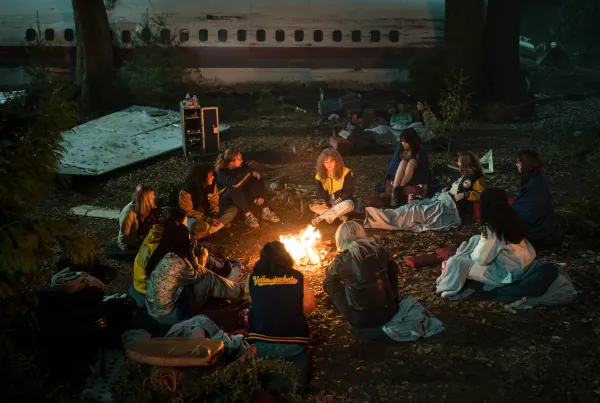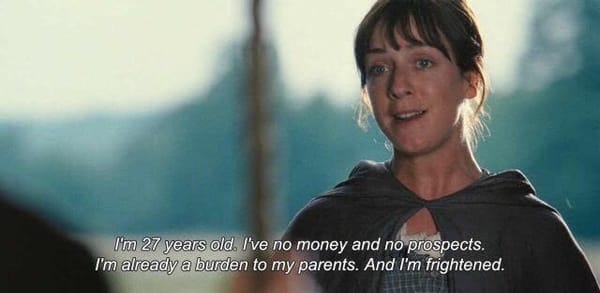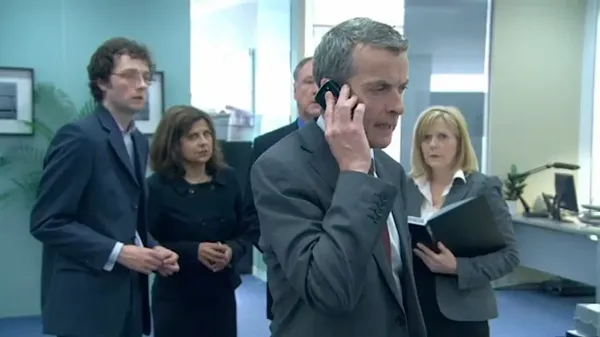🛣️ #272 - And you may ask yourself, "Well, how did I get here?"
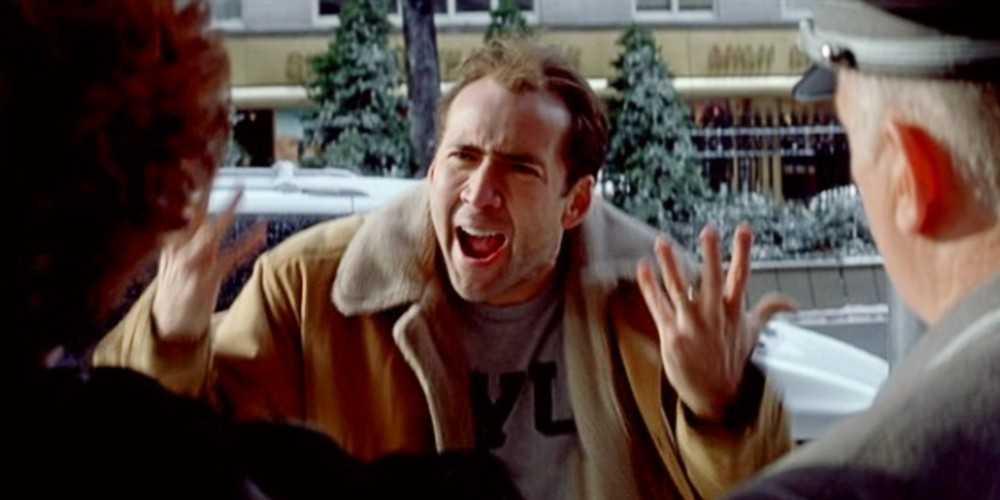
Characters make choices throughout a story, then deal with the consequences of those new actions. But what if they were allowed to choose differently?
This is different from the structure of The Muppet Christmas Carol, which allows the protagonist to see the impact of their past choices in an effort to persuade them to choose differently in the future. Whether the tool allowing a do-over is magical, scientific, or pure hand-wavy ¯\_(ツ)_/¯, a character unsatisfied with their life gets the opportunity to see and experience the world that might have been.
Before we had the common term "people pleaser," we had George Bailey and It's a Wonderful Life. The movie sets up how George's present, desperate mental state is the result of a series of choices he made since he was a child to put others first. He's ready to throw himself off a bridge when he's beaten to the punch by a guardian angel who offers George the opportunity to see how life would be different without him. Katrina Gould looks at the story through a Buddhist lens, considering the importance of reframing unfulfilled dreams to keep them from causing unnecessary suffering.
Erik Piepenberg visits a Seneca Falls festival dedicated to the film, which chose that year to tackle the darkness at the heart of what is often packaged as a feel-good holiday staple: What we can understand about suicide and suicidal ideation from George Bailey. George's urge to end his life is born of a growing sense that his life and his choices didn't make any difference to the world around him. Confronting an alternate world where he never existed is as much about reminding George of his worth as it is to prompt the audience to consider that no life is without meaning or consequence. Randy Blazak shares his own experiences with suicidal ideation, and that George Bailey receives the greatest gift when Clarence shows him that alternate Bedford Falls and confirms for him all the reasons he has to keep living.
"Turn Left," the penultimate episode of Doctor Who's 4th season (in the NuWho continuity) plays a similar game, but with larger stakes. The Doctor's companion, Donna, lives through an alternate timeline where one a single choice about which way to turn her car at an intersection created a cascade of events where she never meets The Doctor, and billions of lives across the galaxy are lost as a consequence.
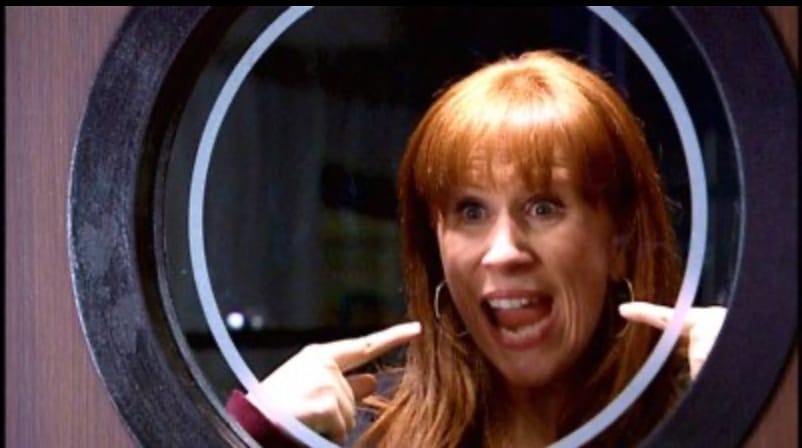
What's fascinating about this episode is how it reframes the timeline from Donna's first appearance on the show, finding touchpoints in previous episodes that the audience would recognize in order to judge just how important Donna Noble is to the fate of the universe. Meagan Bojarski breaks down the details that show Donna once and for all that she isn't a nobody, and that maybe this one time, she's the most important person in the universe.
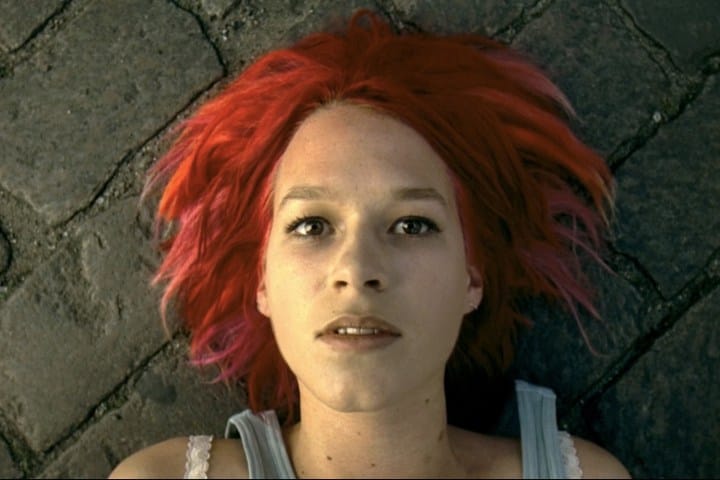
A story can also branch off into multiple what ifs. Run Lola Run uses the narrative conceits of video games and multiversal storytelling to craft a hyper-kinetic city-sized Rube Goldberg machine. Jarrod Jones considers what the many versions of Lola's story have in common with modern multiverses, chaos theory, or something else completely. Jim Bizzocchi considers how a story like Run, Lola, Run could only exist when audiences can also have completely different "What if?" experiences in how they choose to view and review a film. Barrie Wilson considers a few different ways to look at the film: potentially as a story about timing and chance, a story of wish fulfillment, or even a study in game theory.

Mind-bender Everything Everywhere All At Once takes the "What If?" premise beyond its logical extreme. The Evelyn Wang we first meet is directly informed that of all of her possible versions in the multiverse, she is the most disappointing one.
Imagine Clarence telling that to George Bailey.
Daniel Beauchamp collects reactions to the film, pointing to how its maximalist fullness mirrors being (terminally) online, and how its characters face the reality that striving for everything can make what you've already achieved feel empty. For Laura Zornosa, Everything Everywhere All At Once was about generational trauma and roads not taken, but there was something else she encountered while watching:
Maybe there is, Evelyn says, “something that explains why you still went looking for me through all of this mess. And why no matter what, I still want to be here with you. I will always, always want to be here with you.” The dark gray rock scoots to the edge of the cliff and tips off over it, rolling after her daughter.
The sheer quantity of alternate lives for Evelyn allows the audience to not only see the differences made by different choices in her past, but it highlights those things in her life that are canonical and steadfast. Every Evelyn wants to be close to Joy, no matter the obstacles. This relationship is an anchor across a universe of possibilities, and another way of expressing the inherent meaning and value of a person's life.
In "What if?" stories, these alternate paths aren't only a consequence of different choices, but a mirror for the protagonist. Who do they think they are? Who do they think they could have been? And now that they've seen what it would be like to have the life they thought they were missing out on, do they understand what they already had that went unnoticed?
👋 Are you new here?
Inneresting is a weekly newsletter about writing and things that are interesting to writers. Subscribe now to get more Inneresting things sent to your inbox.
And if you can't wait until next week for more Inneresting, check out the Quote-Unquote Apps Blog where we keep previous issues and other posts about screenwriting and things interesting to screenwriters.
In case you missed it...
In the most clicked link from our last issue, we shared the first 30 pages of the Scriptnotes book, along with information about how to pre-order it!
What else is inneresting?
- Celine Nguyen examines W. David Marx’s argument that the first quarter of the 21st century has mostly generated mediocre art compared to the 20th century. Nguyen counters that the decline of the art/music/literature/film critic as a paid vocation has taken a toll on all arts.
- HeroTech takes us through the challenges of building a retractable lightsaber small enough to fit into a replica hilt.
- Joanne Eddy on Mister Rogers, being a social worker, and the importance of telling yourself that you like you just the way you are.
And that’s what’s inneresting this week!
Inneresting is edited by Chris Csont, with contributions from readers like you and the entire Quote-Unquote team.
Are you enjoying this newsletter?
📧 Forward it to a friend and suggest they check it out.
🔗 Share a link to this post on social media.
🗣 Have ideas for future topics (or just want to say hello)? Reach out to Chris via email at inneresting@johnaugust.com, Bluesky @ccsont.bsky.social, or Mastodon @ccsont@mastodon.art
Same as it ever was
Same as it ever was

